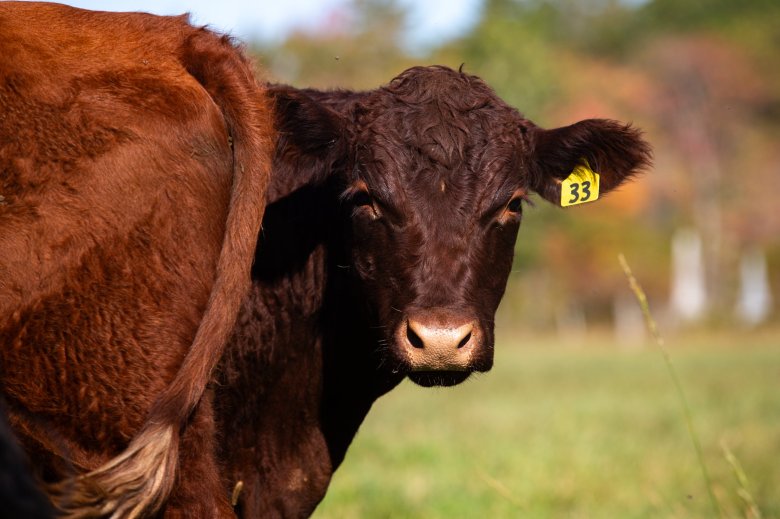
DURHAM — Steve Sinisi is unapologetic when you ask him about beef prices and what it takes to raise cattle.
“If you think prices are high, come walk a day in my shoes,” he challenges on a warm, sunny October morning at their farm, Old Crow Ranch. “What people don’t understand is how many of us are on the verge of burnout,” Sinisi said unflinchingly.
Sinisi and his wife, Seren, who have been raising cattle for 19 years, are among the Maine farmers and restaurants struggling with the steadily rising price of producing beef.
Faced with increases in fuel, power and feed, local farmers are forced to choose between raising prices on their often-cash-strapped customers or working hard for ever-slimming margins.
Under the same pressures, some restaurants — even barbecue joints — are cutting back on items like brisket and pastrami in favor of more chicken and pork to keep costs and prices down.
Higher meat prices mean customers at grocery stores aren’t buying as much meat, with the Harrison Food Bank reporting they’re seeing more meat in their weekly donations from Portland area grocery stores and wholesale clubs.
And with the supply nationwide down and expected to stay there amid solid demand, it doesn’t look like relief is coming any time soon.
DIFFERENT APPROACH, SAME DILEMMA
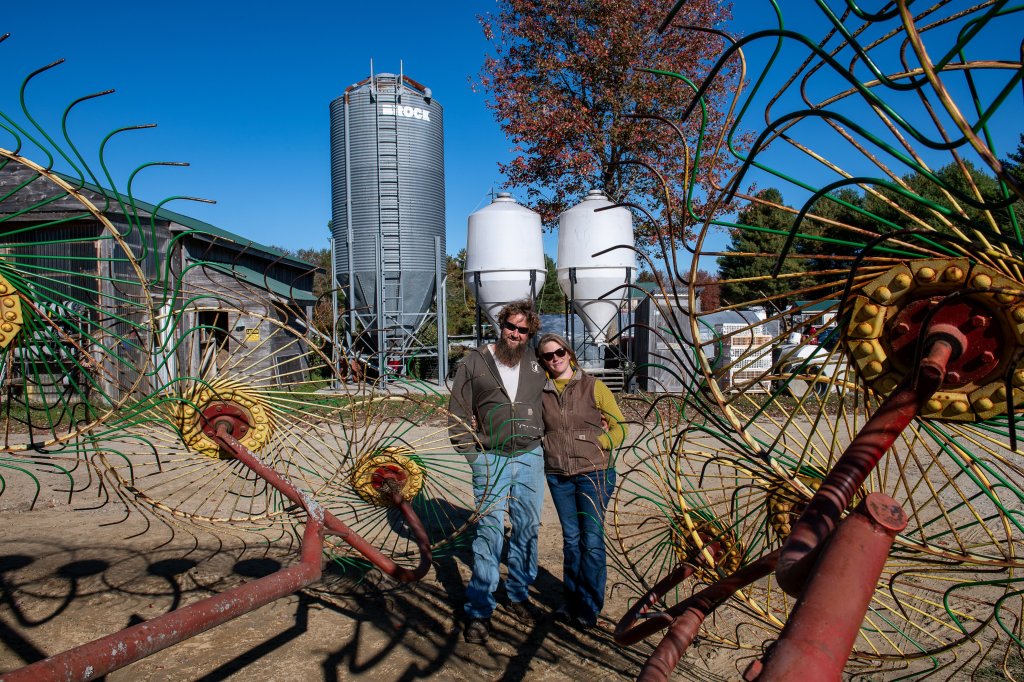
The couple’s ranch is what’s called a feeder operation. They buy calves at between 8 and 12 months old and raise them another 12 to 18 months before taking them to market. They sell a lot of the beef they produce at their on-site store.
“What we’re up against, even in the small state of Maine, is that the cattle prices have doubled in two years — calf prices,” Steve Sinisi said. Their outlay of $45,000 for calves is now $90,000 — money they can’t recoup for up to two years when the cattle go to market.
“That’s when you saw our prices go up,” Seren Sinisi interjected. “We had to raise (our) prices last year, so we didn’t lose money on beef.
“Beef has never been the cash cow,” she added with a hint of sarcasm.
Aaron and Rebecca Buckley own Buckley Farms — a fourth-generation, 500-acre farm in Leeds that also has an onsite butcher shop and store called Farmers’ Gate Market.
The Buckleys breed and raise a herd of some 150 head of cattle, 45 of which are feeder cows being readied for market. Despite not having to purchase calves every year, they too struggle with raising their beef prices.
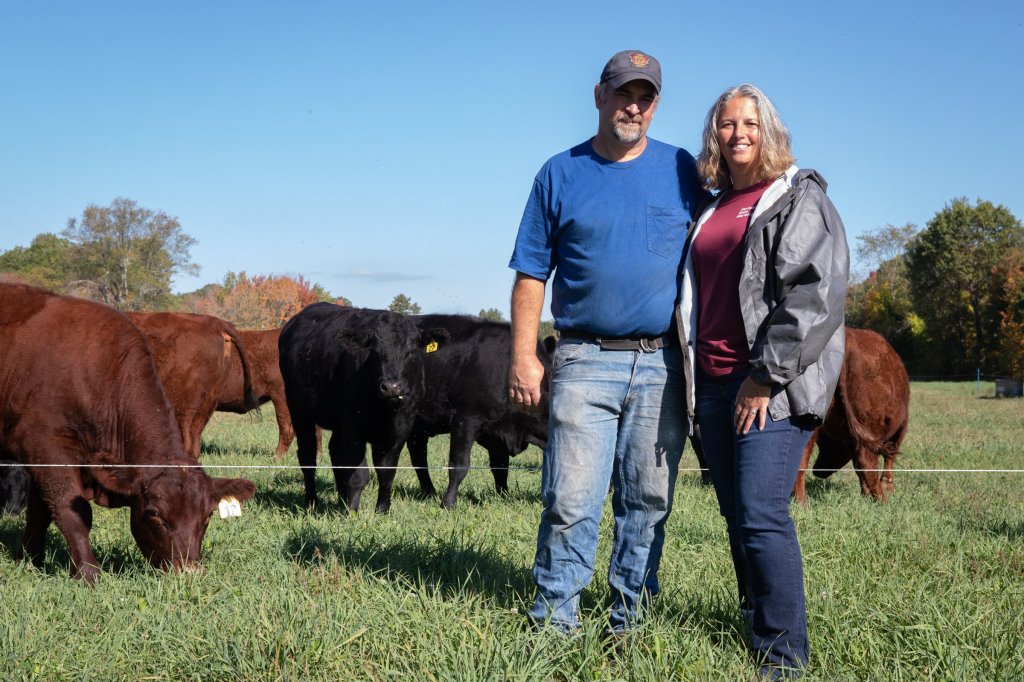
“We haven’t really raised our prices in probably a year and a half,” Rebecca Buckley said. “But recently, we’ve been discussing that we (need to).”
She cites the rising costs of fuel, electricity, feed, taxes and just about everything. “But you do have people that come in here, just flabbergasted because they’re like, ‘You have it right here, how can you be charging this?'”
Price is relative to what consumers are accustomed to paying, and in a smaller community like Leeds there’s added pressure from the community.
Flank steak butchered and offered fresh at Farmers’ Gate Market was selling for $14 a pound on our visit. Flank steak the same week at the Auburn Hannaford grocery was selling for $18 a pound.
Aaron Buckley strikes one as a pensive man who chooses his words carefully. He said they’ve gone through a lot of stress and anxiety over raising beef prices.
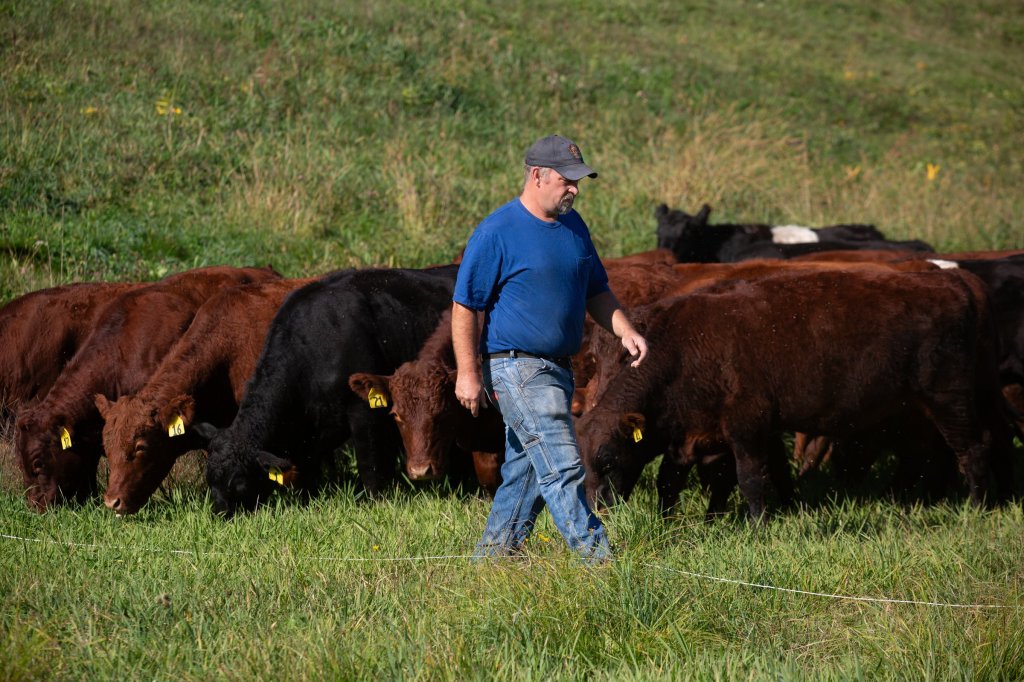
“We want to support or feed our community — not the world,” he said. “We want to support our community and have our community support us. That’s important for us.”
When it comes to price, the Buckleys say they constantly walk a fine line of educating customers about the time, commitment and the cost of raising cattle and letting customers vent.
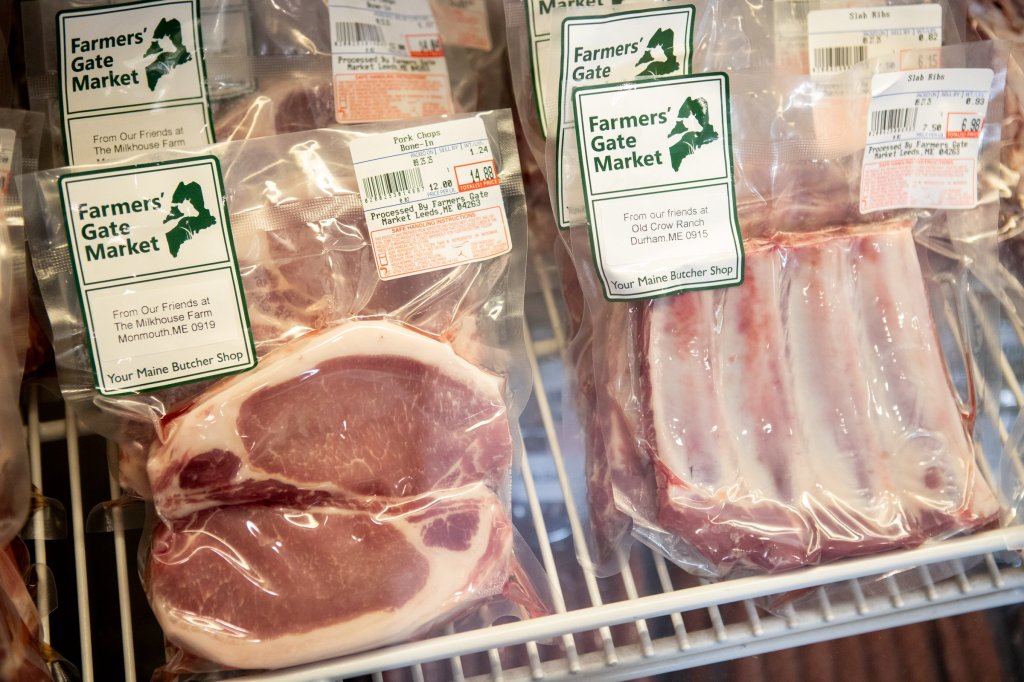
“They want an explanation, or they just leave. That’s the simple truth,” Rebecca Buckley adds. “We have two extremes. They’ll come in and say, ‘So, why are the prices going up?’ Or, ‘This is ridiculous, I’m gonna go someplace else.'”
They also have customers who happily make the drive from Connecticut for a side of beef because they can’t match the prices where they live.
Some of their farmer friends have “gone south,” meaning they are selling their meats in the more affluent cities and towns like Portland, Yarmouth or Kennebunkport. But the Buckleys are hesitant, because they say they are hometown people at heart.
WHAT’S DRIVING PRICES
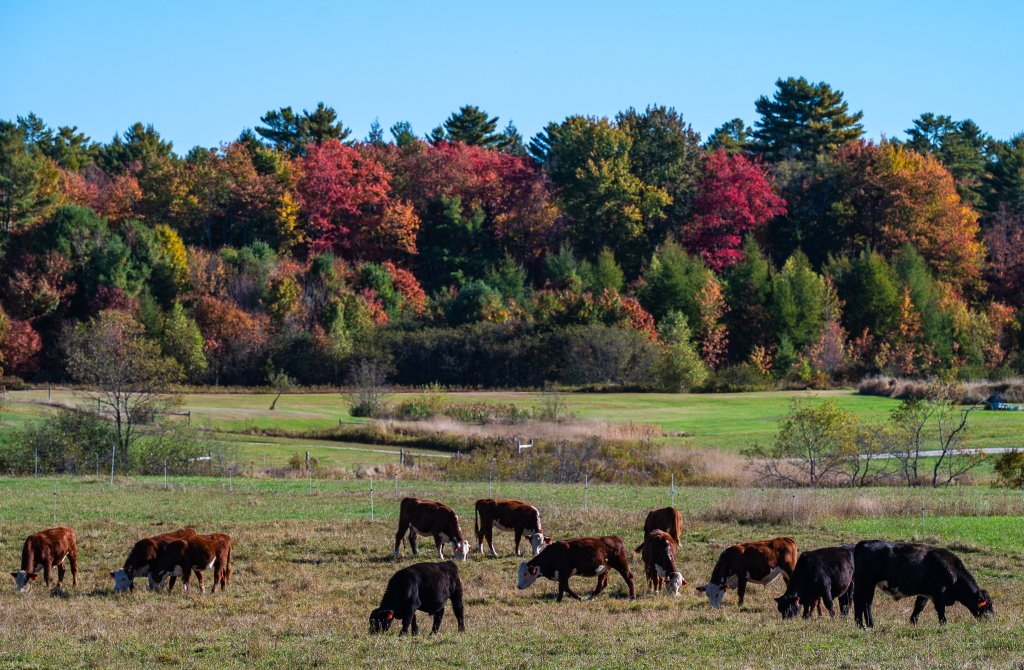
The latest data shows that in 2022, there were about 2,831 farms in Maine that raise cattle, beef and dairy combined, according to the Maine Farmland Trust, with the number of dairy farms dwindling to about 140.
Beef farms are also in decline, with some 18,000 beef cattle reported in the state in 2022, a decline of 2.3%, in an analysis for the United Soybean Board. The U.S. Department of Agriculture’s 2022 Census of Agriculture showed a 6% decline of beef cattle between 2017 and 2022. (State data is frequently outdated and limited in scope.)
America’s insatiable appetite for beef is one of the reasons the price is at historic highs. Low supply and high demand have combined to push beef prices to record highs, topping $8 a pound retail for lean ground beef in July.
The average price for a pound for ground beef in August — a composite price based on government data — hit a high of $6.32, up 11% over last year, according to the Consumer Price Index.
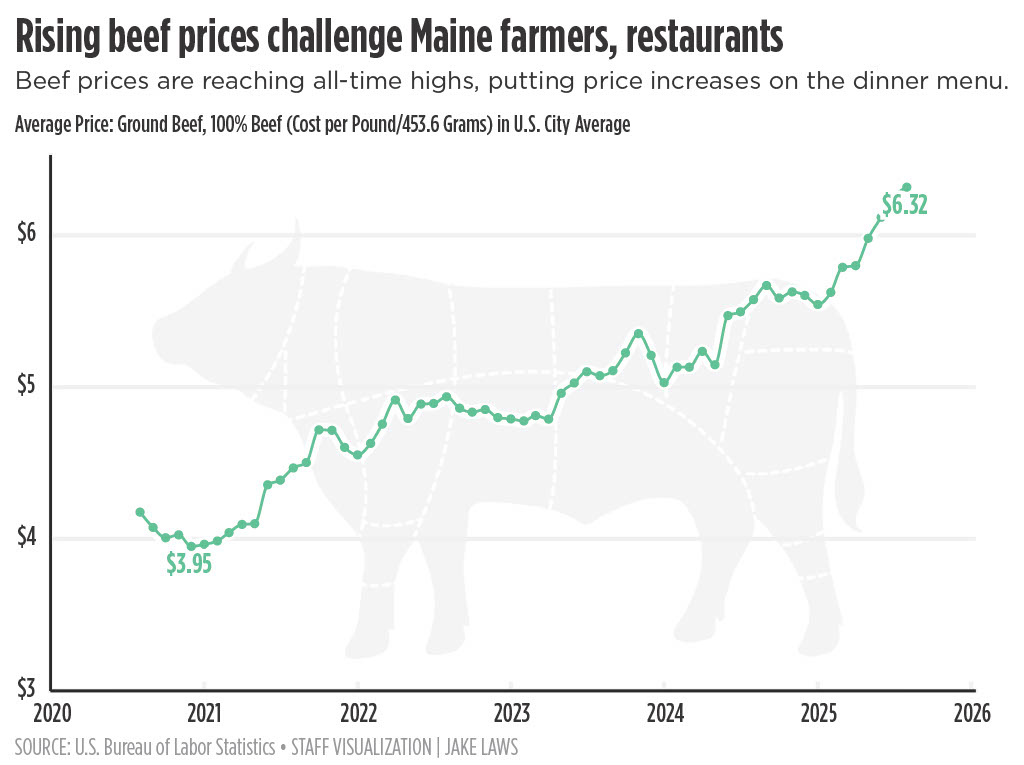
Since February 2020, the price of ground beef is up 51%.
Now, at the grocery store, shoppers can expect to pay $24.99 to $26.99 retail per pound for a choice grade boneless ribeye steak.
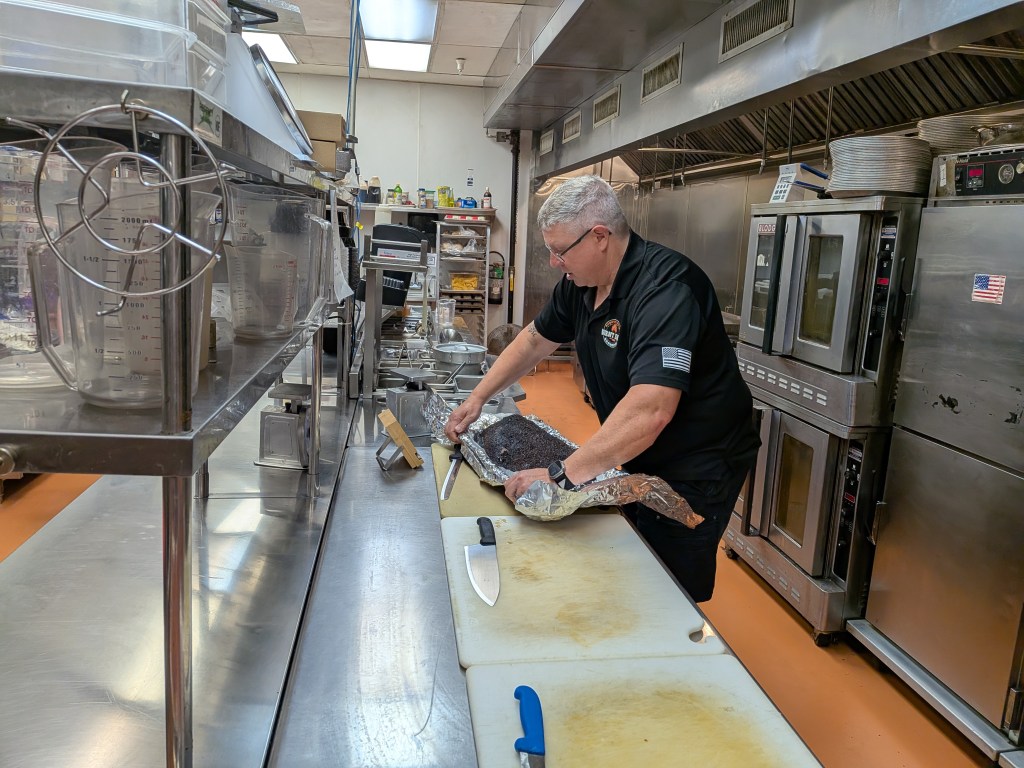
For Kevin Cunningham, the rising cost of beef is something he has experienced before. In 2012, he was the executive chef at what was then the Inn at Brunswick Station. Beef prices hit record highs — with extended drought leading to record low cattle numbers — similar to the current market situation.
“Because we’re a new property and we are just starting to establish a fairly decent following, raising prices becomes very problematic,” Cunningham told the Portland Press Herald in a 2014 interview.
Today, Cunningham and his wife are the owners of Burnt Ends Barbecue in Auburn, which opened in February 2024. “As the prices (of beef) are going up, and they’re continuing to go up … we have to start de-emphasizing brisket,” he told the Sun Journal on Tuesday.
Yes, they’ve raised the price of brisket, but shifted the focus to chicken, turkey and pork.
Noble Barbecue in Portland recently announced it will serve brisket and pastrami exclusively on weekends, due to rising food costs. They too have shifted some of the emphasis to smoked chicken.
‘DEMAND IS STILL THERE’
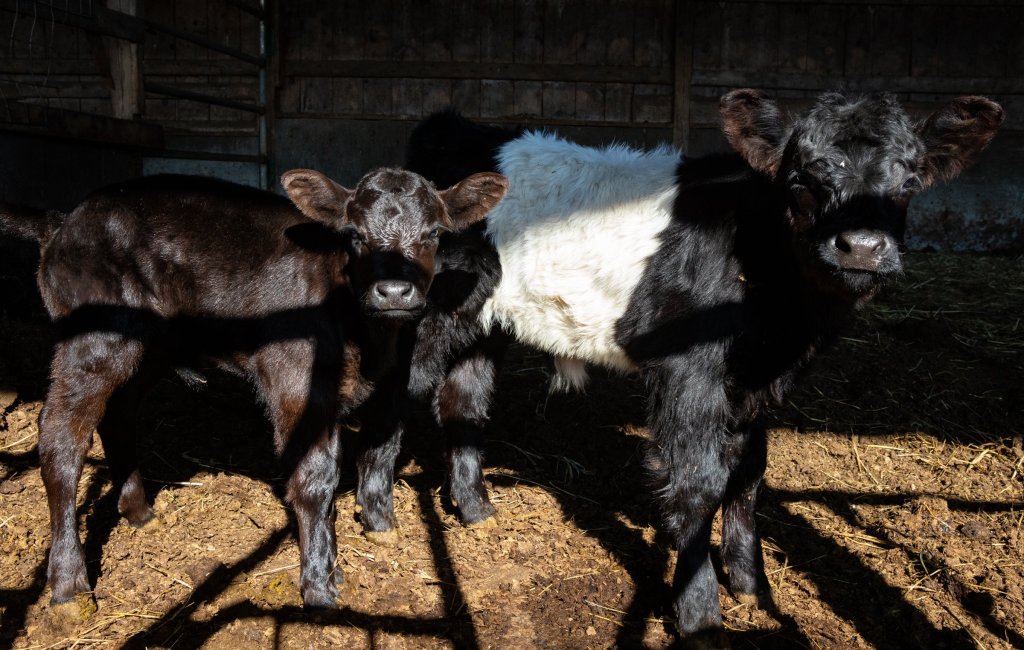
Jason LaVerdiere is the executive chef and co-owner of Flux Restaurant & Bar in Lisbon Falls. He said the high price of beef is not affecting his business.
“Our menu prices are based on math,” LaVerdiere explains. “It’s very simple. If the price goes up $2 on a 12-ounce steak, we’re gonna change it,” adding he’s not going to eat the price increase. “We’ll incrementally change the price, so we stay within our food cost percent.”
That doesn’t mean LaVerdiere isn’t price conscious. He is. “Our menu follows not only the seasonal products but also the prices. I don’t bring in halibut when they’re not catching them,” he pointed out, “and if the price of fillets is $25 a pound, I wait ’til it’s $13, $14.”
It’s the diversity of his menu, offering seasonal and locally sourced products from beef to poultry to produce, and fish, that helps reduce the focus on a more expensive menu item like beef, even if the price goes through the roof.
“We’ll probably keep a steak on (the menu), just order less of it,” LaVerdiere said. “But lately we’re selling more steaks than we’ve ever sold … so, demand is still there.”
The chef offers an important point about sourcing food locally that works especially well for him. Yes, local farm products can be more expensive, but he said there’s a big difference in quality and payoff over what most grocery stores offer.
“It’s only marginally more expensive, and people are willing to pay for that when they come in,” he said, adding that customers tell him they can taste the difference. “It’s about what we’re starting with. You can’t get something better than what you start with.”
A CLOUDY FUTURE
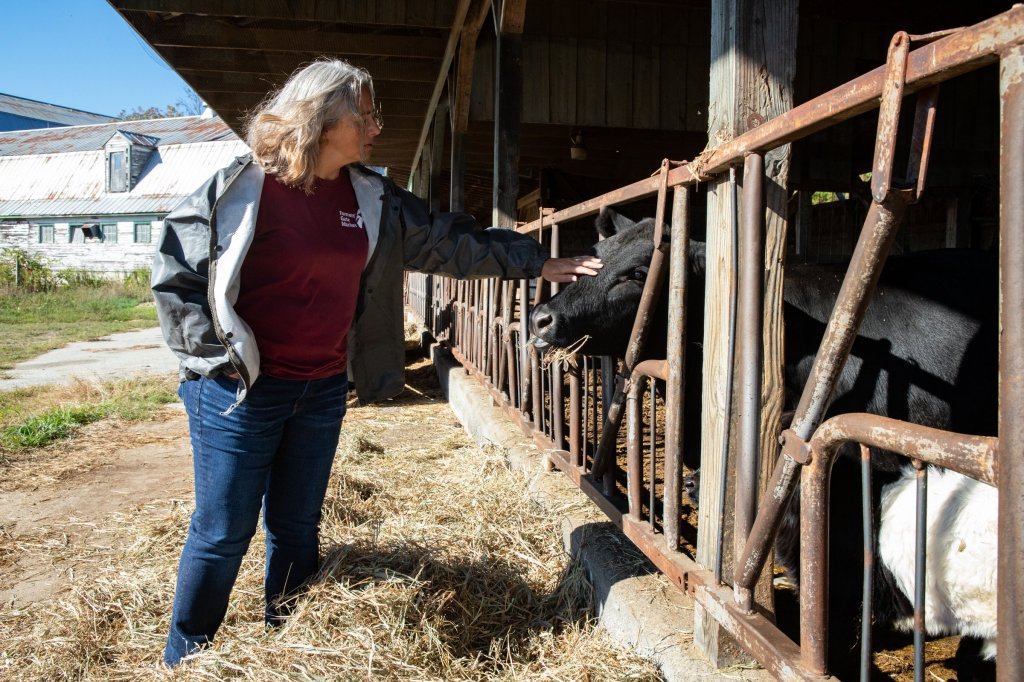
As the owner of a barbecue restaurant, Kevin Cunningham would like nothing more than to see beef prices go down. He doubts that will happen.
“I don’t see it changing in the next two years,” he said confidently. “I see beef prices going up, and when the beef prices go up, all the chicken prices are going to go up.”
As long as demand is high and cattle farmers are not breeding calves, the imbalance in the market is likely to continue, something the U.S. Department of Agriculture also forecasts.
“The national farms are not producing because they’re getting away with it,” Cunningham said. “They’re raising less animals, they’re getting more money, so why would they want to bring more animals to market?”
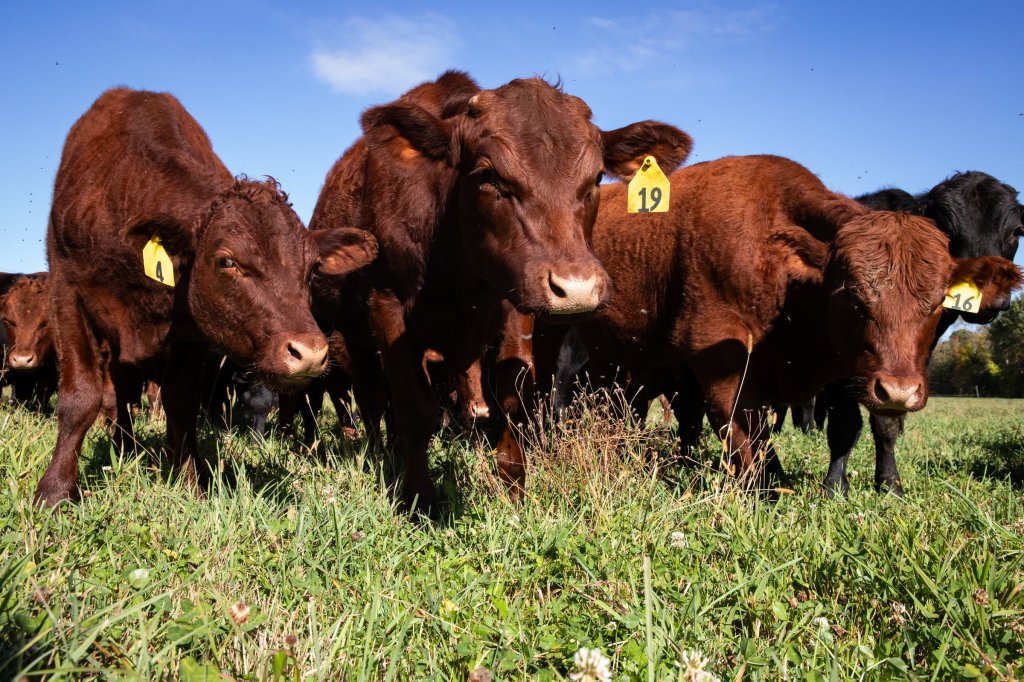
Aaron Buckley said he loves what he does and the challenges that come with raising beef cattle. They will have to raise their prices to pay their bills, too. They also are beginning to realize that how and where they market their beef and other farm goods will have an impact on their future.
In Durham, the Sinisis don’t like raising prices either, but can’t afford the huge capital expenditure to start breeding their own cattle.
They’ve even considered getting out of cattle farming, but insist they are committed to staying the course despite the numbers.
“I don’t think we’re getting out of beef, primarily because Steve really likes raising them,” Seren Sinisi said, adding it is a lot like a loss leader at a grocery store. “But he is right in that it is so exorbitantly expensive, and the payback is so small.”

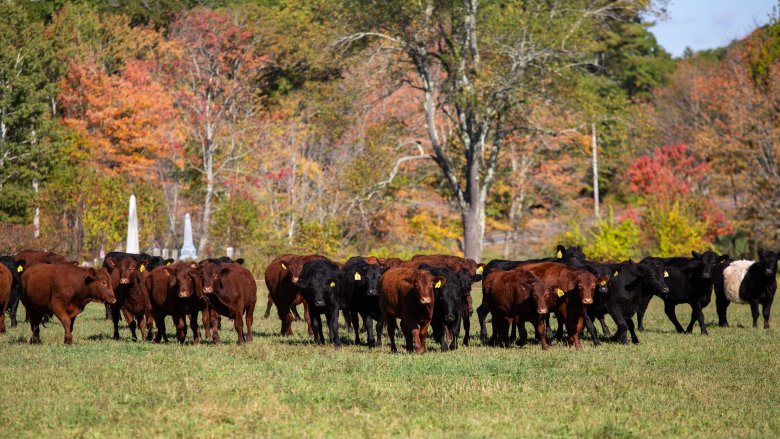
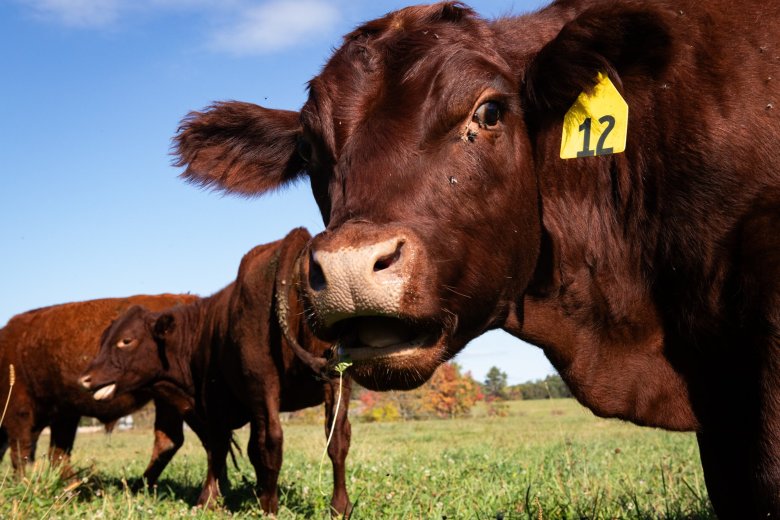
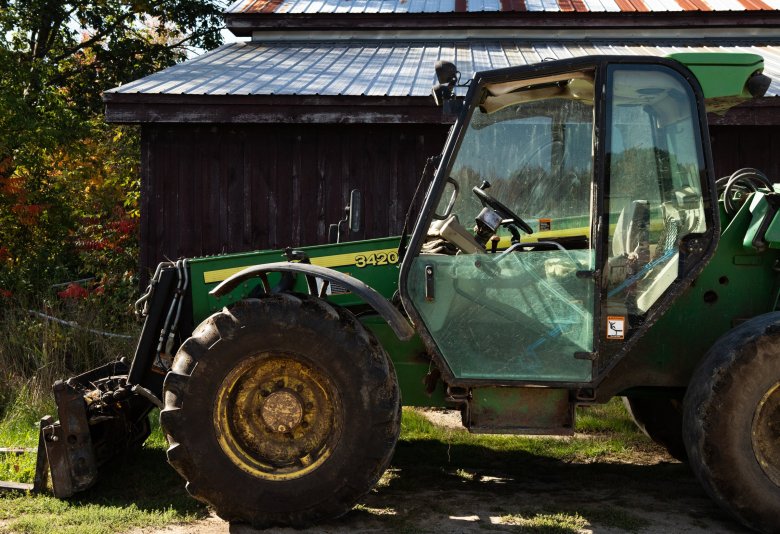
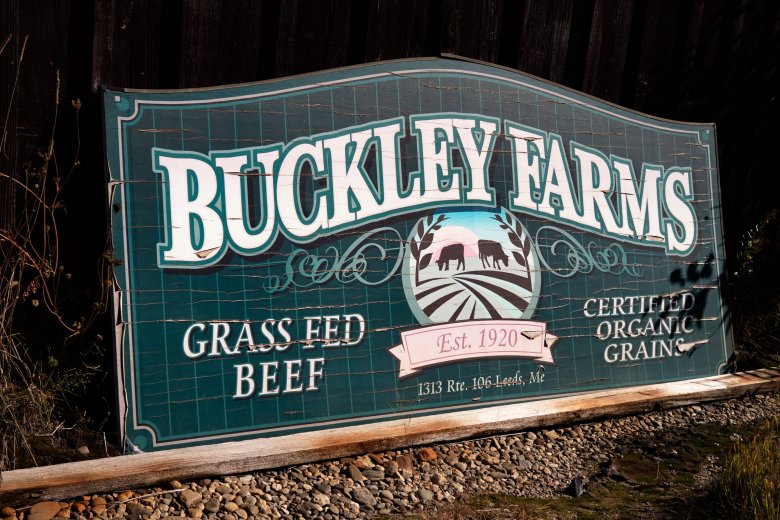
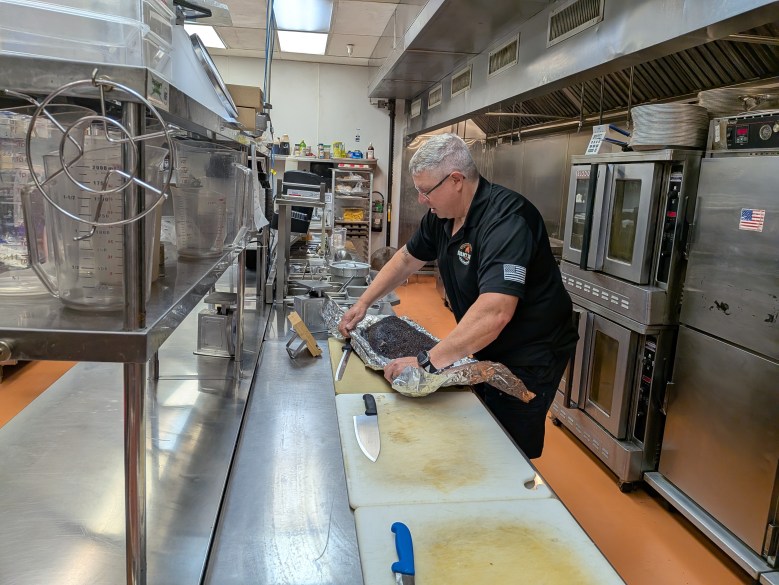
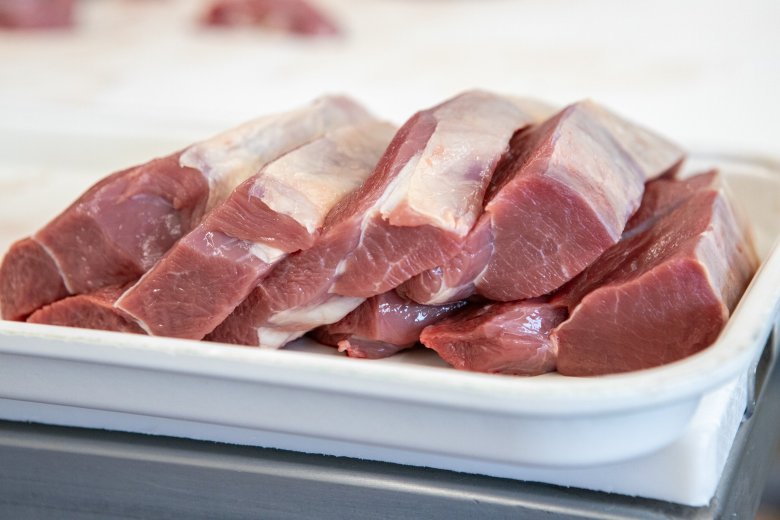
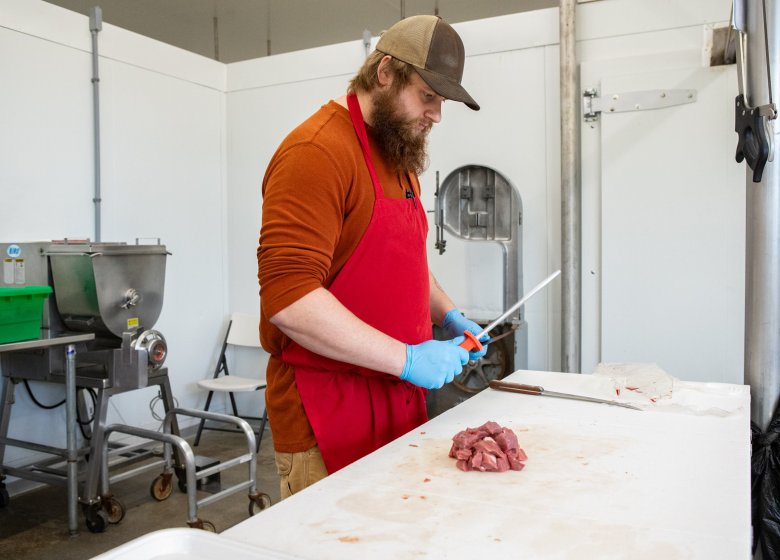
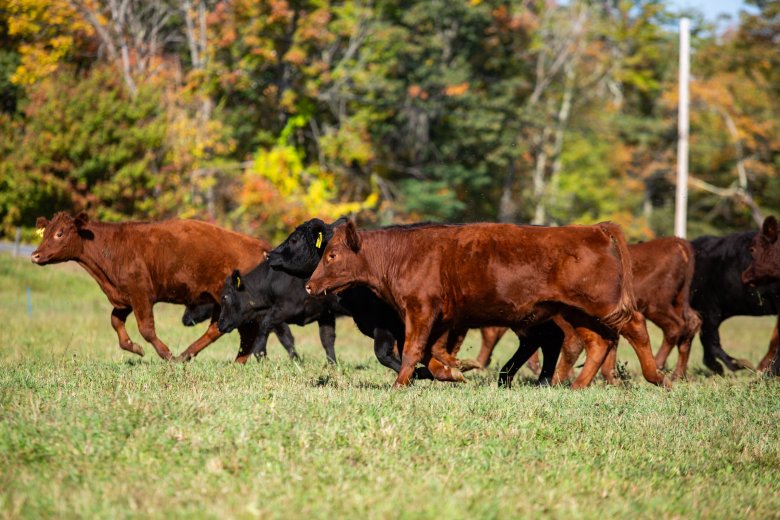
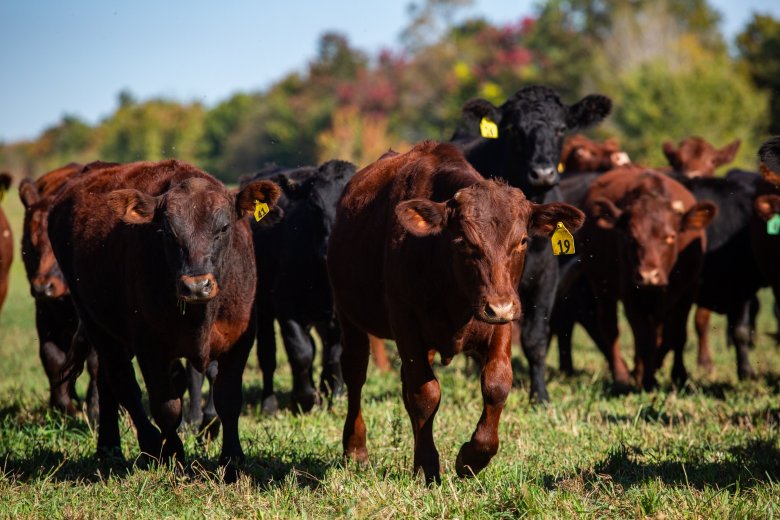
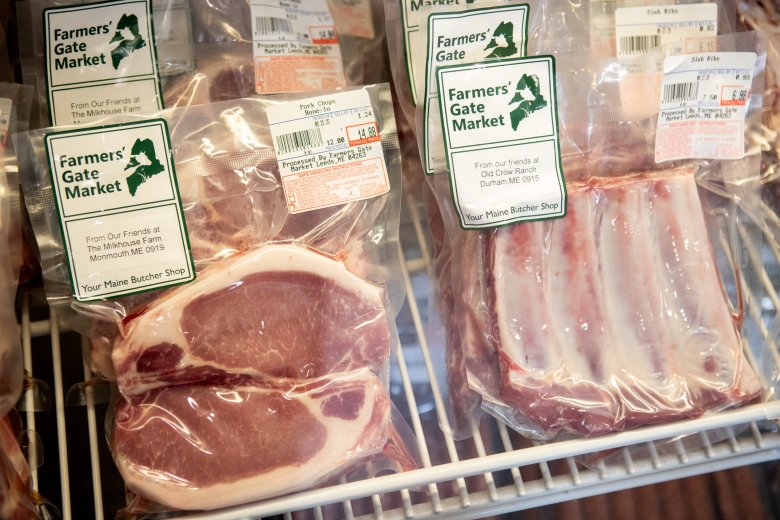
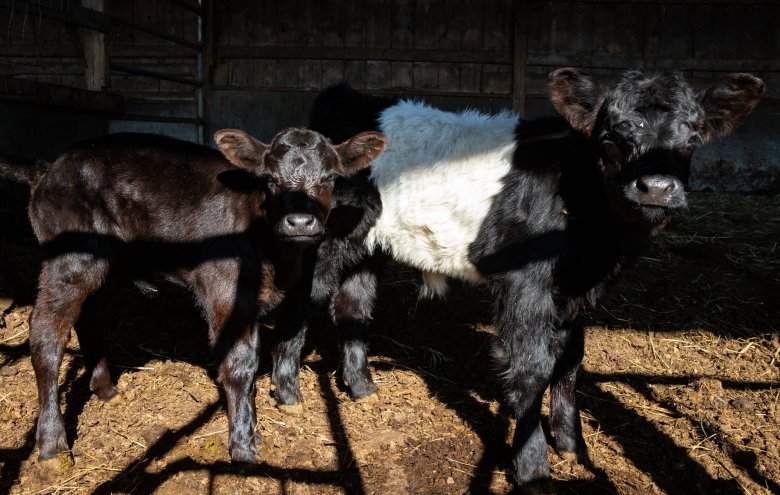
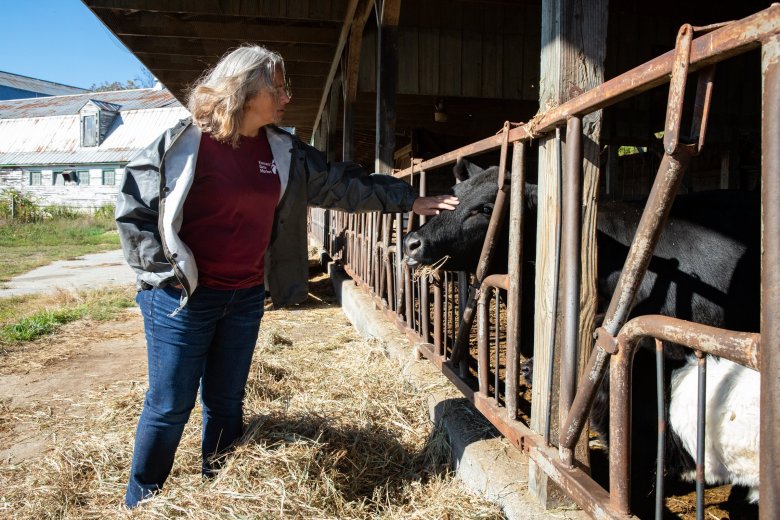
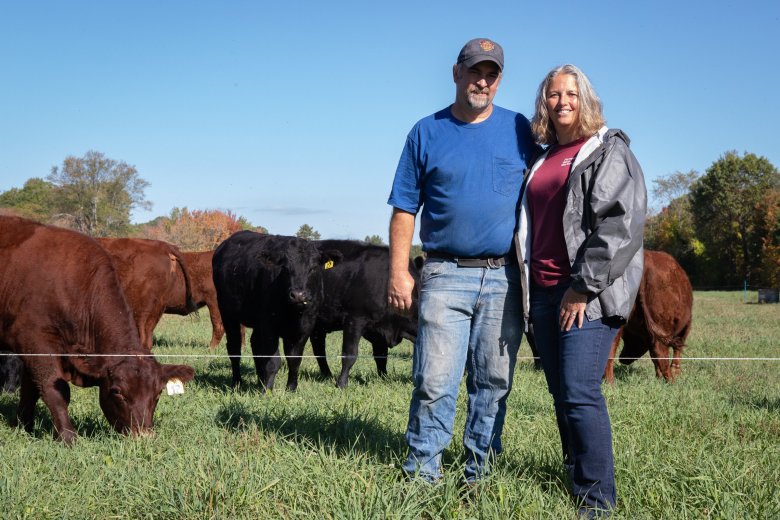
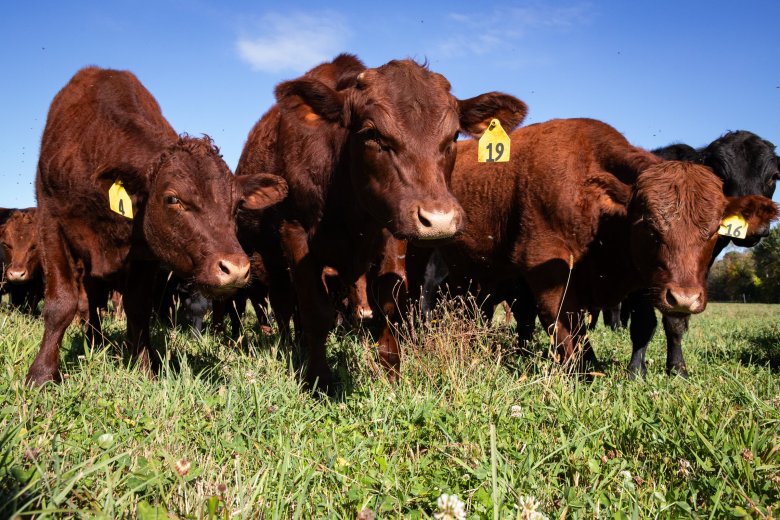
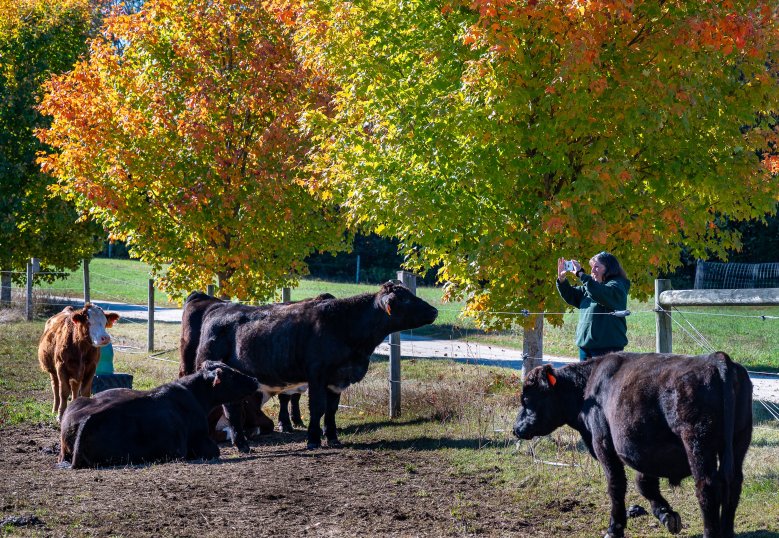
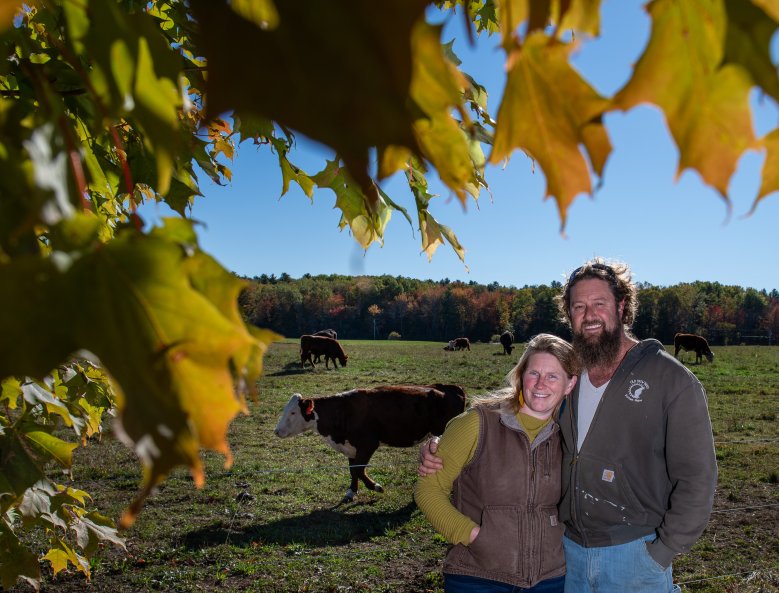
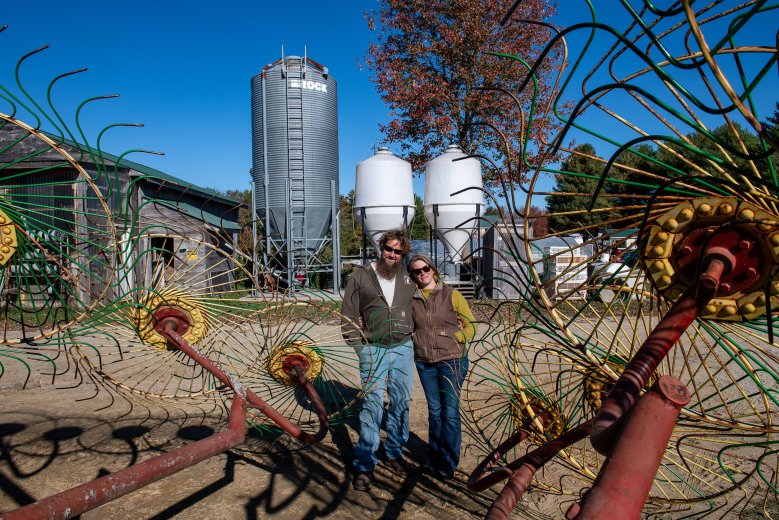
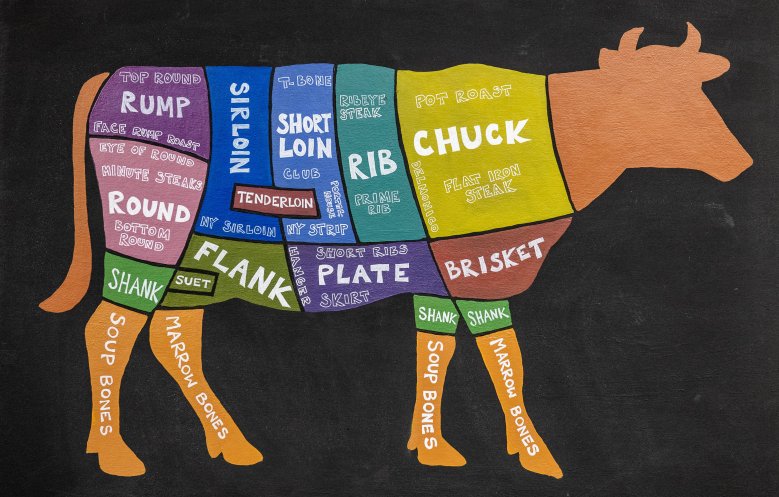
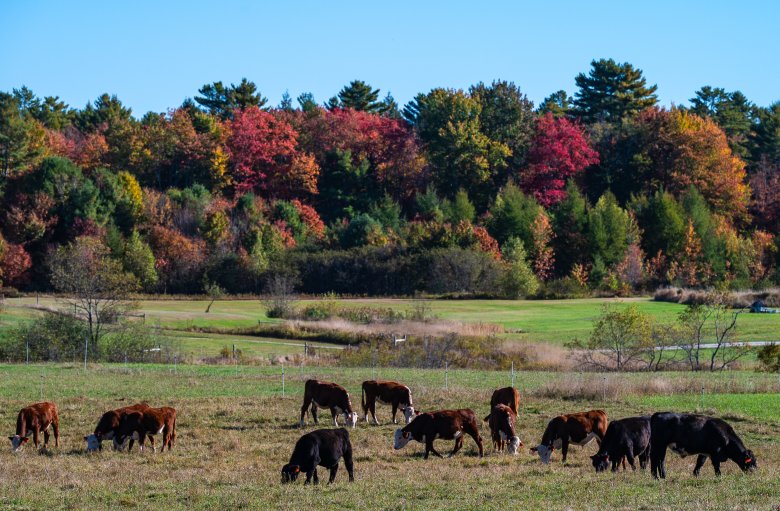
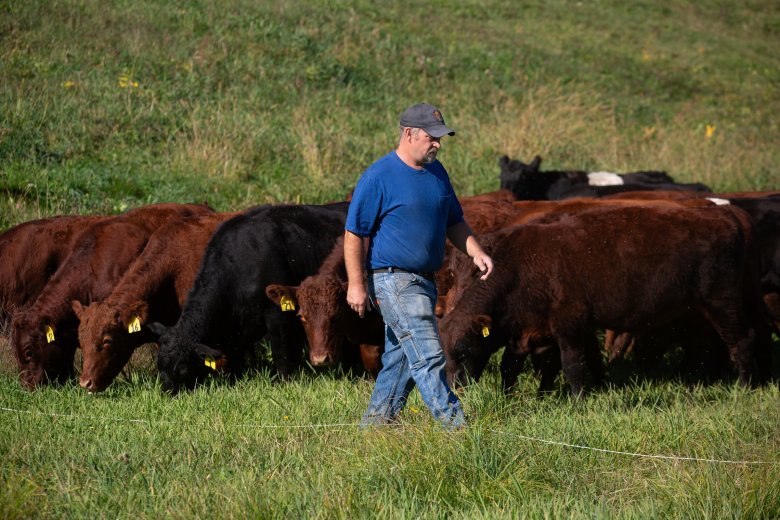
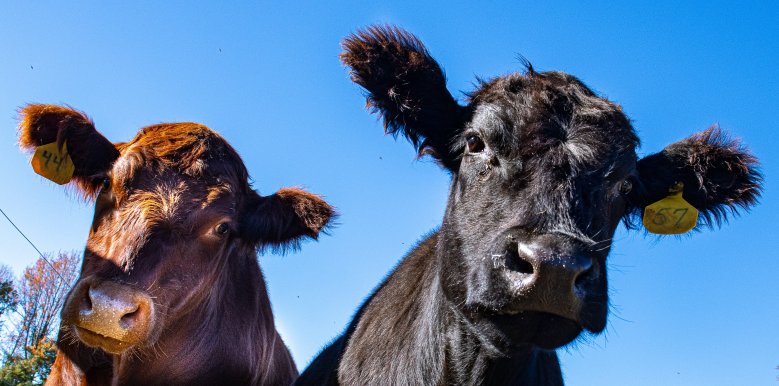
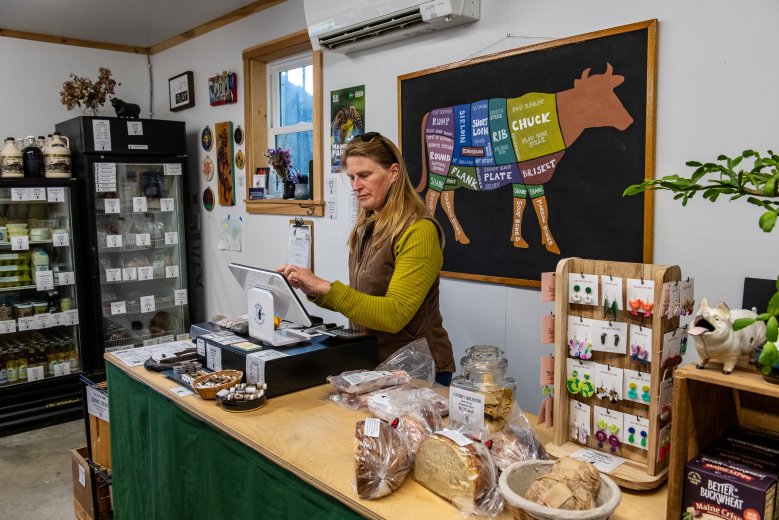

We invite you to add your comments. We encourage a thoughtful exchange of ideas and information on this website. By joining the conversation, you are agreeing to our commenting policy and terms of use. More information is found on our FAQs. You can modify your screen name here.
Comments are managed by our staff during regular business hours Monday through Friday as well as limited hours on Saturday and Sunday. Comments held for moderation outside of those hours may take longer to approve.
Join the Conversation
Please sign into your CentralMaine.com account to participate in conversations below. If you do not have an account, you can register or subscribe. Questions? Please see our FAQs.